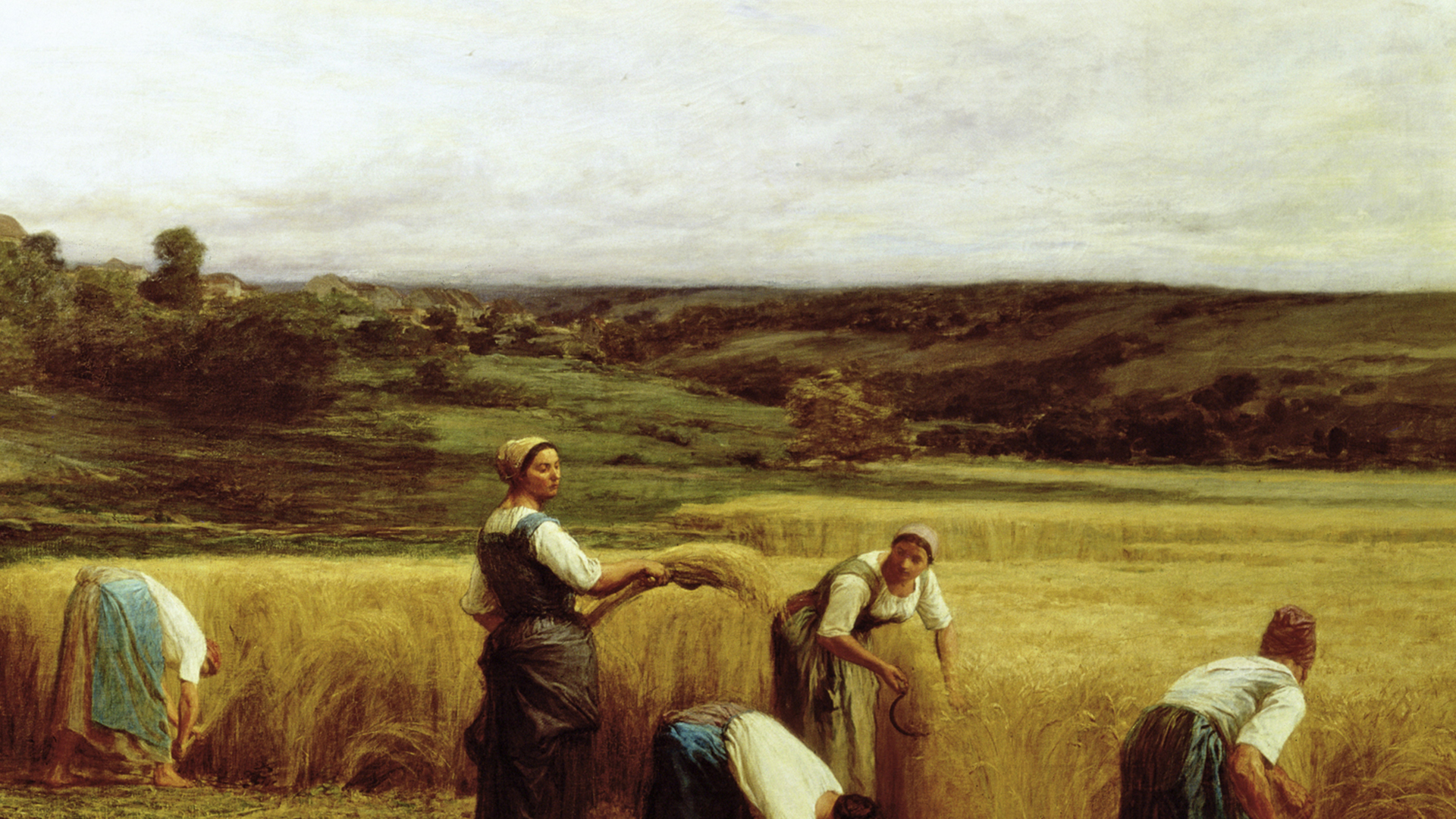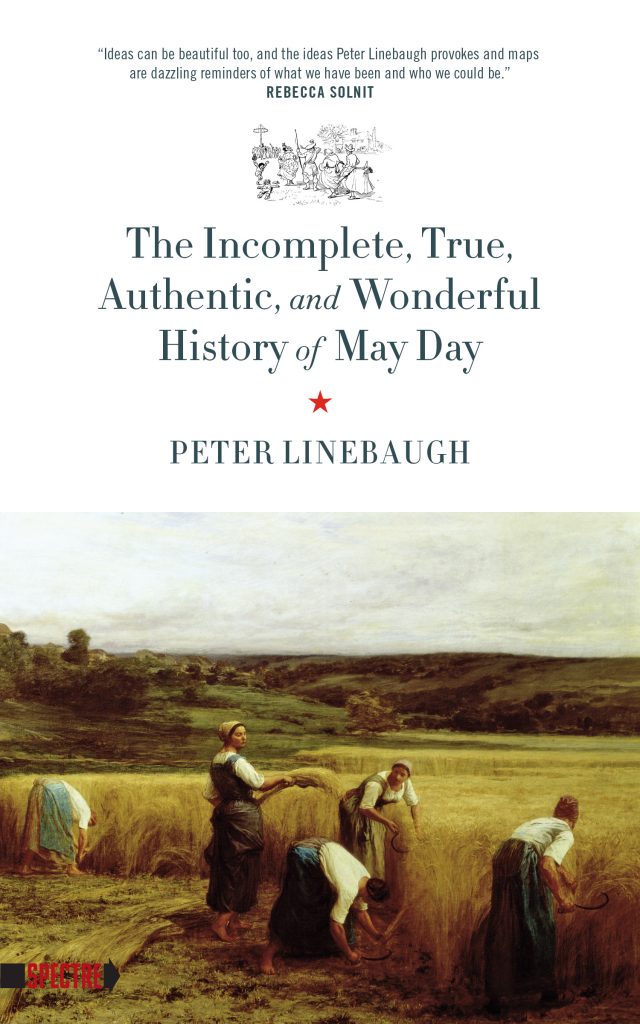By Mark Krantz
Socialist Review
May 2016
This is a collection of eleven essays on the history of May Day written by Marxist historian Peter Linebaugh “during the decades of conservative repression” in the US when celebrations of workers’ struggles of the past “were few and far between”.
Some of the historical details
Linebaugh uncovers are fascinating and the links to contemporary events
are inspiring. For example, he recalls how when the black activist W E B
Du Bois heard that the Irish who led the Easter Rising in 1916 were
being called “fools” by some on the left, he appealed to the heavens,
“Would to God some of us had the sense enough to be fools!”
Linebaugh
takes us right back to the early colonisation of America. Thomas Morton
arrived in America in 1642. He wanted “to work, trade, and enjoy life
with the natives”. Three years later he erected a giant Maypole at Merry
Mount, under which recent immigrants like himself joined with Native
Americans in a celebration of May Day.
William Bradford also landed in America in 1642. He sailed on the Mayflower. As a Puritan he was opposed to everything that Morton stood for. Puritans believed Native Americans to be “the anti-Christ”. They demolished the Maypole and had Morton deported back to England. His crime had been to celebrate what Linebaugh calls Green May Day. “May Day is very old, and nearly universal. It is a festival of planting, fertility, of germination. It is a community rite of social reproduction.”
Linebaugh describes well the Green side of the story of May Day — longing for “land once held in common” taken from the people during the enclosures in England and with the displacement of Native Americans from their common land. This fascinating book also traces the origins of Red May Day, commemorating the great struggle of workers for the eight-hour day that reached a climax in Chicago at the Haymarket. In 1886 the ironworkers of the Molders’ Union struck at the McCormick Works in Chicago. Someone threw a bomb, and four workers were convicted and hanged.
One of those hanged for the Haymarket bombings was Albert Parsons. He had been a Confederate soldier, but his consciousness was awakened by the reality of the American Civil War. He switched sides to join forces with the “former slaves and present wage slaves”. Expecting that he would himself one day be captured, Parsons foretold of “when our silence will be more powerful than the voices you are throttling today”. Parsons was part of the massive working class rebellion in Chicago. He described all those assembled at the Haymarket as “representatives of the disinherited”.
Since that day at the Haymarket the voices and actions of the “disinherited” have been heard around the world every year on May Day.







